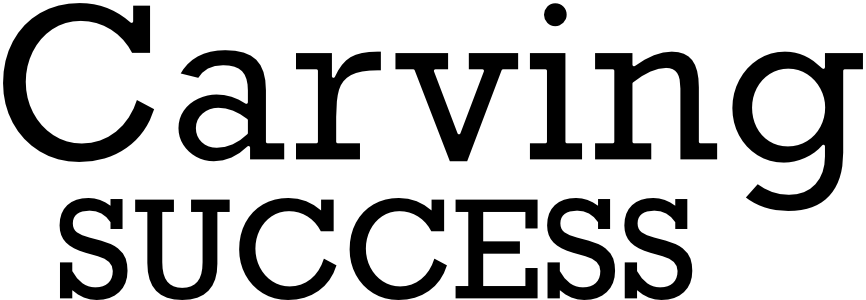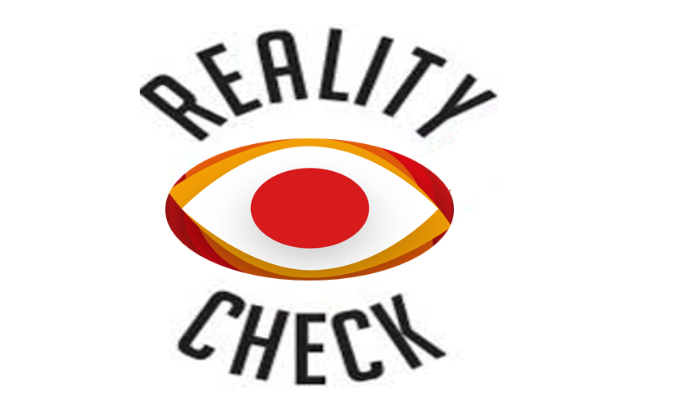In organizations when we are confronted with practical dilemmas and complex conflicts of interests, the solution may not be available in rational arguments. Often two or more alternatives may appear equally attractive. it is in these circumstances that the faculty of judgment or practical wisdom, as Aristotle called it, comes into play. In these situations, persons who have a wider sphere of knowledge not only of the subject matter but also of the psyche and vetoing power of the decision-makers will come out on top. Such persons are politically savvy and have a distinct edge over others.
This article is meant for creating awareness among those who wish to explore the positive side of politics in organizations.
Politics in a nutshell
- Politics exist in every organization whether we like it or not. Simply put, it is a variety of activities used to influence goal achievement for personal and organizational interests.
- Both positive and negative politics exist in organizations. However, perception of what is positive or negative is often misconstrued. This is because political savviness calls for navigation and maneuvering to garner support and avoid obstacles including nonaligned persons. This can cause hurt emotions leading to negativity.
- Politics is played to garner support for a particular line of thinking which may not go well with opposing groups, and this is often the start of political wars. These wars lead to negative politics like badmouthing and sidelining others, forming opposition groups for personal gain and/or advantage. This, though often the case, needs to be avoided as negative politics is mostly person-centric and less in the interest of the organization.
- Engaging and managing in a politically charged environment or a specific situation is an art.
- Political acumen becomes an essential skill at higher levels. Getting an innovative idea, process, product, or service accepted by others requires political acumen. Rational arguments are helpful but mostly not enough.
Political Acumen is the ability to make good judgments and quick decisions relating to the way power and or influence is achieved and used for personal and organizational benefit.
Political acumen is a knowledge-centric competency. The more knowledge you have, the better your judgment and decisions will be for yourself and your organization.
Practical Wisdom and Judgement
Systems and policies help to keep the organization’s engine on track but when deviations take place, problems occur, and emergencies crop up. At this time, workarounds become all-important. These workarounds call for a knowledge base on which risks can be taken, trade-offs made, grey areas managed, workaround strategies formulated, and results achieved.
Unfortunately, there is no one best workaround and solution. Those that brought results today may not be feasible tomorrow. This is because the multiple influences that govern environment stability constantly change. Hence knowledge must be UpToDate and all-encompassing, considering multiple areas and disciplines. This is because nothing works in isolation, be it technology, people, or other entities that come into play.
Achieving total comfort of knowledge encompassment is a dream but to aspire and work towards knowledge enhancement to be ahead of the game, is a very real possibility.
The key to knowledge acquisition is networking, a competence that is a combination of art and skill. Networking is highly underplayed in management, at lower levels, moderately understood at mid-level, and a struggle at the top. This is because the top needs it most and knows that with knowledge comes influence and power.
A few cases to demonstrate “Political Savviness”
Case 1: A large global multinational bank was in search of a “Chief Information Officer” (CIO). They hired a reputed headhunter who after rigorous scrutiny (knowledge, experience, and proven track record) shortlisted 15 candidates. After preliminary screenings, the five best candidates were shortlisted for the CEO and board to take a call. John, ranked 3rd out of the five, was one of the candidates.
While interviews were in progress and others prepared to project capabilities related to job execution, John networked with his alumni friends in the industry, and old colleagues to learn more about the bank. This was besides the normal capabilities required. He found that the bank was planning on cutting IT costs by 20% and improving its cybersecurity systems. He planned his pitch based on these two factors and sold the board on a vision of how he could deliver to align with their goals. He not only got the job but also managed to get an expanded compensation package and an option to bring in some key resources from outside. Being politically savvy was one of the reasons he superseded those more capable than himself.
Case 2: The construction division of a large conglomerate was managing a business of 1.0 trillion rupees. This business was managed by 7 presidents globally and each of these presidents had 5-8 project heads who managed multiple customers. At the closing of accounts, it was a common practice for project heads to ask for concessions on delayed collections. This was a regular bone of contention between the “Chief Financial Officer” (CFO) and the project heads. After much haggling, concessions were given.
On review of the concession distribution, one new president noticed that Raja, a project head always got the largest share of the concession budget. A closer look revealed that Raja made more convincing business cases than the others. Besides the normal execution and delivery reasons, Raja elaborated on his vendor credit management (using other people’s money – “OPM”), customer’s potential for extended business (thru letters of intent), referral business with a high probability of success, and the soft links between the board members of the conglomerate and the customers. All this swayed the decisions in his favor. Raja’s political savviness helped him get better concessions and expand his business.
Case 3: A senior manager Raja, was doing fairly well (slightly better than average) for himself in a medium-sized multinational organization. Raja was ambitious and unsatisfied with his progress. After some reflection, he concluded that his visibility was low, and he was not getting enough “mindshare” from the top management. He devised a plan to change this. He offered to become part of the recruitment and selection team for middle-level managers (12-15 years of experience). During interviews, he focused on garnering information from candidates of competitors and other industry players on their, plans and strategies, projects, technologies, methodologies, and operating practices.
After several interviews over 3 months, he had enough information to put together a decent report. He sent that report to the top management. Nothing happened. After 6 months he sent a second report. This time he was asked to make a presentation to the top management. In this, he learned that though he had a lot of information, only 20% was new to the audience. The message he got from the top was “Tell me something I don’t know”. This was because the top gets information from several sources. Within a year, Raja was asked to make a presentation every month and was soon included in the confidential market intelligence core group. This got him the mindshare he desired. Many top managers started inviting him for one-on-one chats in their offices. In the years that followed, Raja’s political savviness helped him grow beyond expectations.
Conclusion
The above cases indicate that political savviness can be positive and beneficial to the individual and organization. What has not been discussed is the intricacies of knowledge acquisition through networking which is the heart of political savviness. Besides networking a host of other skills come into play, thinking out of the box, communication, negotiation, information to knowledge conversion, information filtering and funneling, interviewing and investigation, etc. Will leave this for another time. However, the takeaway here is “Tell me something I don’t know”. Everyone is in search of knowledge expansion, but many are yet to develop the skills and techniques to high enough levels, for substantial personal and organizational gain.
The information shared is meant to trigger thoughts. Some questions you may like to consider:
- Can you identify the positive politics that is going on around you?
- Are you unconsciously politically savvy?
- How can political acumen help you to do what you do better?
- Does your network have the appropriate spread and depth to help make better judgment calls?
- Are there blind spots in your information acquisition spectrum? How do these impact your decision-making?


